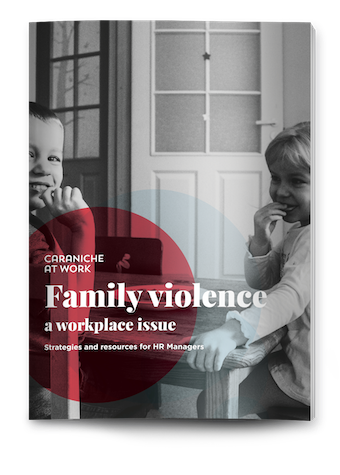
Resilience is the ability to positively adapt to and rebound from significant adversity and the stress it creates.
It’s a dynamic process and is enhanced with good coping strategies, systemic supports and effective policies.
Those coping strategies include the ability to recognise stress, the ability to identify its real cause, accessing internal and external resources, and developing the skills required for emotional regulation.
In most cases, resilience develops as we manage negative or challenging experiences in our environment. If nothing “bad” ever happened to us, we would probably never be able to develop positive resilience skills!
Stress is a normal physical response to events that make you feel threatened, upset, unbalanced or under pressure.
We often experience stress in the following situations:
Many employees access EAP when they are distressed due to unmanageable stress levels.
However, you can also work with an EAP counsellor at any time to develop skills in resilience.
These skills will help promote well-being and protect you from stress risk factors.

Many of the new tech based EAPs have been making inaccurate claims about traditional EAPs as part of their marketing and promotion.
Read more
Moral injury in the workplace can negatively impact our psychological wellbeing and mental health. Here’s why it matters.
Read more
When choosing how to cultivate wellness in the workplace, it’s never been more important to take an organisation-wide approach. Here’s why.
Read more
Australian workplaces are waking up to the impact of family violence. Caraniche at Work has developed a free report for HR Managers who want to take the lead.